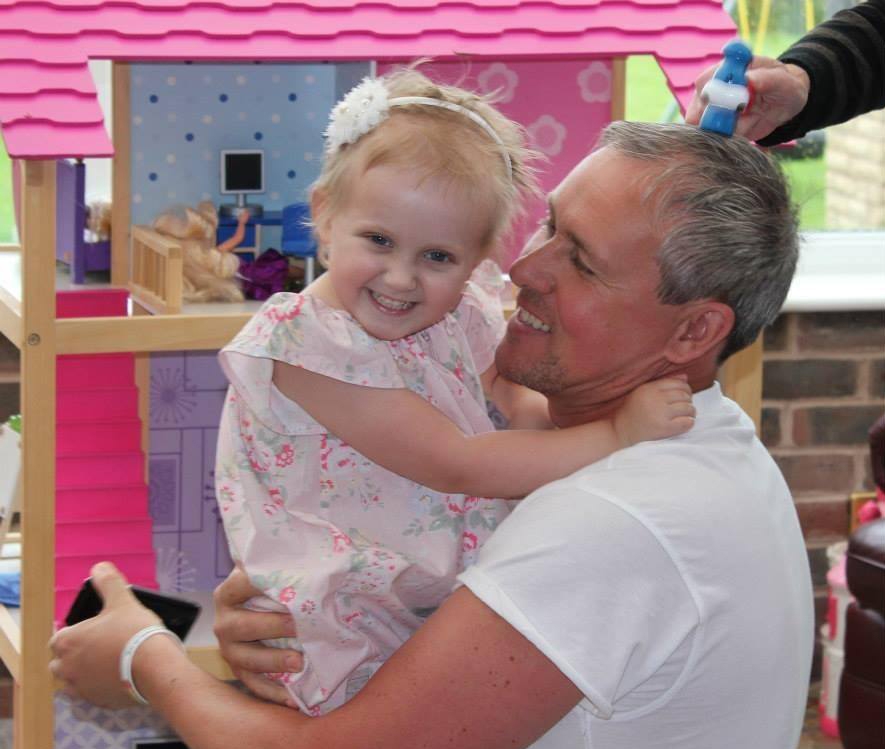Neuroblastoma in children

Our multidisciplinary team of experienced children’s cancer professionals at Helen DeVos Children’s Hospital is uniquely qualified to provide hope and healing for children with high-risk cancers such as neuroblastoma. We are actively involved in ground-breaking research to further understand neuroblastoma and are proud to be at the forefront of advanced personalized medicine with national collaborations that are moving this research forward. This means we can offer your child and family leading-edge treatments for his or her specific genetic analysis that are showing the most encouraging results.
Find a Pediatric Oncologist
Our experienced pediatric doctors and specialists are ready to serve you and your family.
Neuroblastoma is a rare form of cancer that usually affects infants and young children. It is a solid cancerous tumor that typically starts in the tissue of the adrenal glands or spinal nerves, and then spreads to other parts of the body. Neuroblasts are immature nerve cells found in unborn babies. Normal neuroblasts mature into nerve cells or adrenal medulla cells, which are cells found in the center of the adrenal gland. Neuroblastoma forms when neuroblasts don’t mature properly. Sometimes, babies are born with small clusters of neuroblasts that eventually mature into nerve cells and do not become cancer. A neuroblast that does not mature can continue to grow, forming a mass called a tumor. With improved treatment, more and more children with neuroblastoma have a good chance of remission and a cure.

Your Child's Care Begins Here
Our Haworth Innovative Therapeutics Clinic is a leader in precision medicine for childhood cancer. We are proud to offer young patients access to clinical trials and the latest treatment strategies for neuroblastoma. If surgery is needed as part of treatment, we collaborate with our pediatric surgeons and neurosurgeons, who are skilled at helping kids of all ages.
Treatments We Provide

Your child will likely require chemotherapy before and/or after surgery. If the primary tumor cannot be removed surgically, chemotherapy may become the main treatment.

Most children with neuroblastoma will need the primary tumor removed surgically. Surgery is sometimes the only treatment needed if tumors are small and the cancer hasn't spread.

Radiation uses powerful X-rays to destroy neuroblastoma cells remaining after chemotherapy and surgery.

In children with high-risk neuroblastoma, a drug related to vitamin A can help cancer cells turn into mature nerve cells, and prevent the cancer from growing or spreading.

Special antibodies are used to direct and stimulate the immune system so it can attack the neuroblastoma cancer cells.
